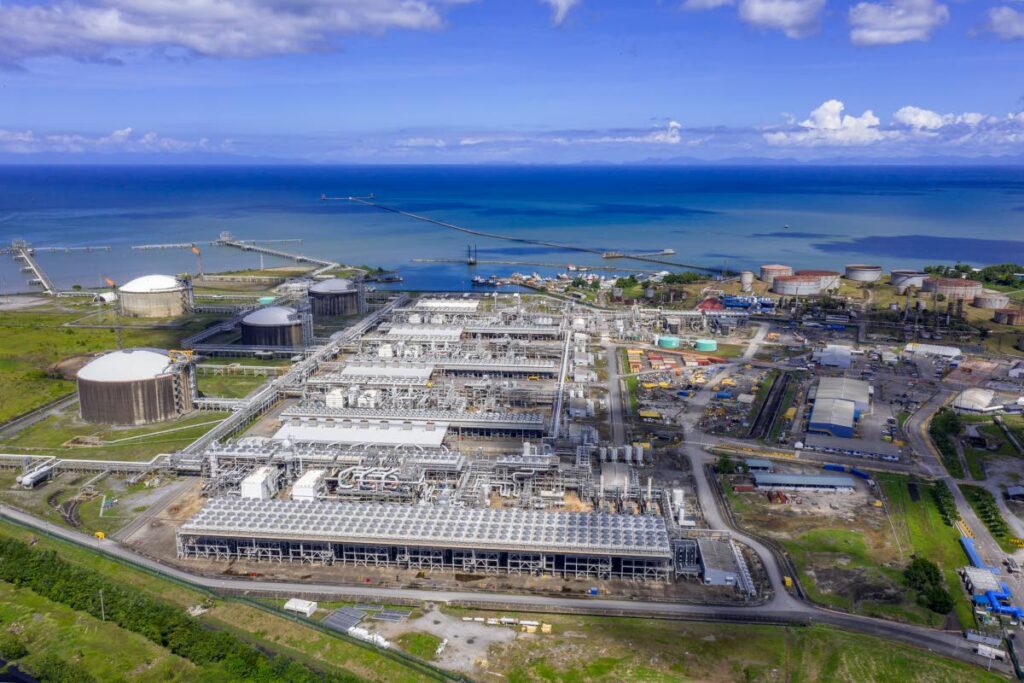What's the future for Atlantic LNG?

By the end of the first quarter of 2022, the Prime Minister hopes to have more clarity about the fate of train one of the natural gas preparation plants at Atlantic LNG (ALNG).
On Thursday, the government signed a production-sharing contract with Shell for the output of the Manatee platform.
The current hope is that Manatee, along with other exploration projects being undertaken by BPTT (Cassia) and Shell (Colibri), will lead to improvements in the natural gas supply.
The Prime Minister is also banking on a continued rise in the appetite for the country's gas products in an environment which has measured a continued downward trend in gas demand, driven largely by production slowdowns globally under covid19.
ALNG processes natural gas routed to it from offshore fields into liquid form for shipping via special LNG tankers. Altogether, the four liquefaction lines, the trains of the facility, can produce up to 100,000 cubic metres of LNG in liquid form per day.
After the successful commencement of train one in 1999, the business of gas quickly expanded, with the fourth train producing its first exportable supply in 2007.
The four trains have a complex ownership structure. Shell owns 46 per cent of train one, 57.5 per cent of trains two and three and 51.1 per cent of train four. It holds a 53 per cent shareholding in ALNG overall. The majority supplier of natural gas to the facility is BP, which delivers 70 per cent of its output to production.
Production of LNG in May was down 19 per cent over April, at 1.1 million cubic metres. The government has not issued production notices since then. Oversupply of LNG relative to demand has depressed prices, adding another variable in the economic viability of processing the gas supply.
Sandwiched between these business imperatives is the National Gas Company (NGC).
ALNG is supposed to undergo restructuring, pulling all four trains of production under a unified operational entity, a move designed to simplify and clarify the plant's capacity to manage supply and meet export demand.
The government is expecting to bid to have increased ownership in the restructured ALNG business. Currently NGC has holdings of ten per cent in train one and 11.1 per cent in train four.
The State can expect to be squeezed in the negotiations between Shell and BP over the ownership stake in ALNG, as BP, the plant's primary supplier, moves for a bigger stake in a consolidated entity.
These are also only short- and medium-term plans for ALNG, the continuing long-term viability of which will depend on the prevailing mix of global production competition, local industrial activity and the continuing popularity of natural gas as a clean-burning fossil fuel.
Charting a course forward for this country's natural gas supply will demand informed attention to all these factors.

Comments
"What’s the future for Atlantic LNG?"